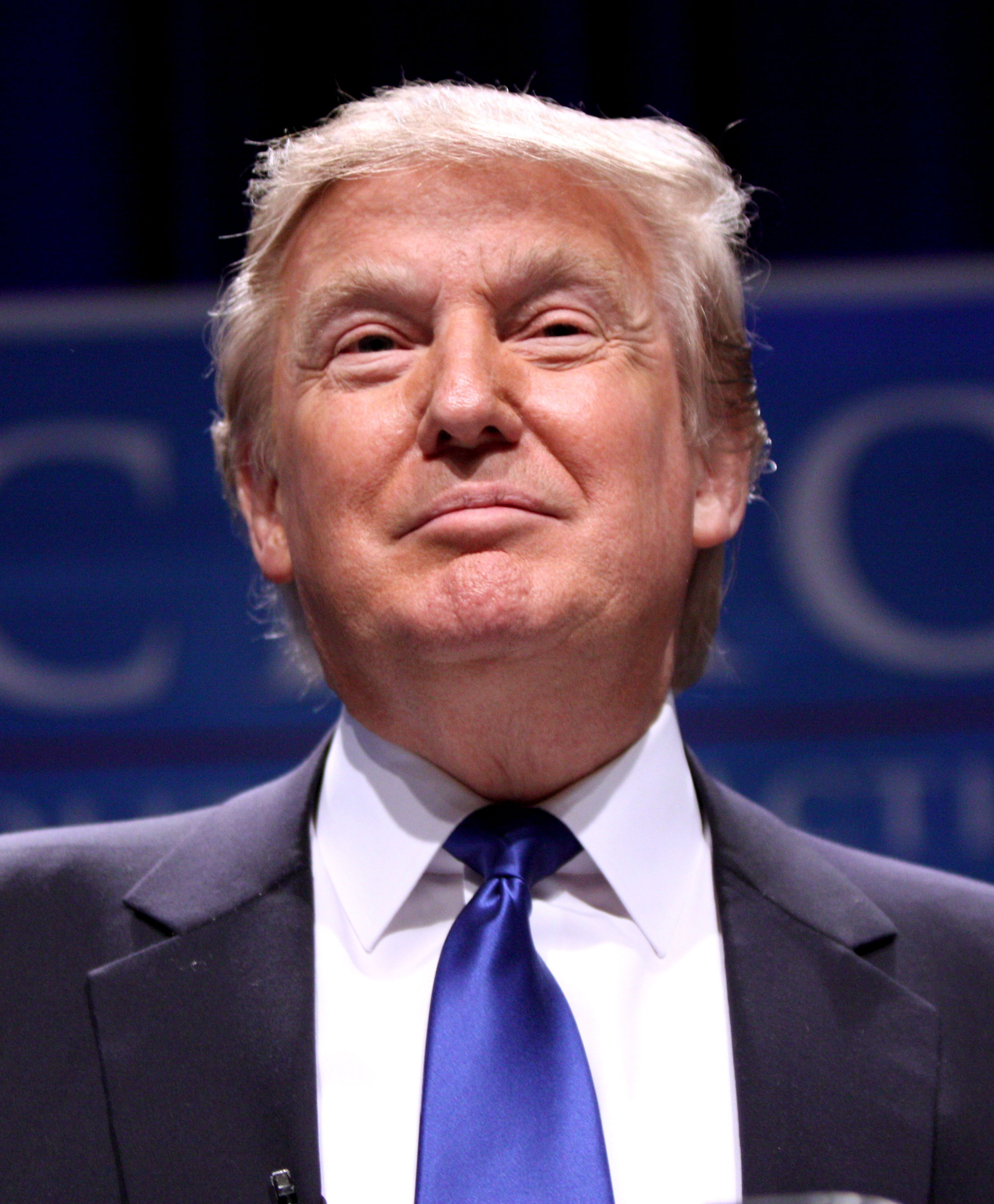Over the last several decades, across the globe, there has been a marked increase in consumers' collective demand for luxury goods. What are luxury goods and why do consumers seem to express such an insatiable demand for them? While most researchers cannot agree on a standard definition for luxury goods, they generally agree that it is any consumer product or item that is not a true "necessity."
In other words, access to potable water is a necessity to survive in the world, but owning a diamond-studded watch is not.
Some researchers argue that the luxury marketplace focuses the consumer on a perceived need to belong to an elite group and manifests desire for extremely high quality products, often far in excess of actual need.
Some political commentators on the left have argued that luxury goods are a negative form of "commodity fetishism," a term coined by Karl Marx. Marx decried the capitalistic drive toward exclusionary private property and seemingly irrational desire for classist exclusion that he believed luxury goods represent.
He argued that humans were encouraged to ascribe irrational value to arbitrary materials (such as gold or diamonds), which then are perceived as having a false "intrinsic" value in the marketplace. He argued that such exclusion was designed to oppress the working classes, and served no other socially beneficial goal.
Yet, despite persistent economic turbulence and political instability in many emerging markets, the global luxury goods market remains largely robust. Indeed, the pursuit of luxury has been a sustained growth trend, even in societies that have experienced substantial political perils.
But is this trend just a blip, or a new long-term reality?
As any human society develops, its' collective needs and consumer preferences will gravitate from satisfying the lower-level human needs (such as general stores selling staple household goods) toward increasing demand for brands that represent quality, the respect of others and social achievement.
Maslow's hierarchy of needs is a theory in psychology proposed by Abraham Maslow in his groundbreaking 1943 paper "A Theory of Human Motivation" in Psychological Review:
In essence, Maslow argued that all human behavior can be analyzed within the general framework of this pyramid, representing a dynamic progression toward higher thought processes and a greater degree of social functioning as one's temporal needs are met.
In other words, once a person's immediate physical needs and safety/security are satisfied he will gravitate toward forming communities and families, and eventually, trend toward morality and achieve self-actualization. Without one's lower-level needs met, that person -- and eventually his entire society -- will flounder.
From the perspective of predicting and analyzing consumer behavior, Maslow’s hierarchy can be thought of as also predicting macro-level social mobility and consumer preferences. Such a model allows one to understand trends in demographics, and even develop sound long-term financial and investment strategies.
In other words, in a properly functioning society where social mobility is fluid, eventually, the retail options will become higher-end, and luxury goods retailers will move in. The “local hardware store” will be replaced by a mass market retailer. The mass market retailer eventually will be replaced by the shopping mall. The shopping mall eventually becomes filled with luxury goods retailers.
Therefore, over time, as societies economically, psychologically and demographically evolve, luxury goods should become both desirable and attainable.
Financial data bears this trend out. Standard & Poors Global Consumer Enterprises Index is comprised of thirty of the largest publicly-traded companies in the GICS consumer discretionary sector that meet specific investability requirements. The index provides exposure to leading publicly-listed companies in developed markets, which meet minimum international revenue exposure requirements. 100% of the companies included relate to consumer discretionary spending.
Since this custom Index was created by S&P in 2009, it has demonstrated 5-year annualized returns of 25% growth, an astounding rate of return:
Others bought a luxury good for a significant other (12.5%), or said
they had extra money to spend and just wanted one (11.5%). Despite
the recent recession, three out of four consumers indicated that they perceived that there are
the same or even more luxury brands available today than there were two to
three years ago, making this luxury goods market more competitive than ever. Interestingly, 28%
of consumers also report that they will tell others about their luxury purchase
through social media sites like Twitter, Facebook or blogs.
Therefore, consumers consistently express a deep need to have the ability to "reward themselves" through the purchase of a luxury good that was not a true necessity. The approval, perceptions and respect of others played a critical role, as well.
Therefore, consumers consistently express a deep need to have the ability to "reward themselves" through the purchase of a luxury good that was not a true necessity. The approval, perceptions and respect of others played a critical role, as well.
Over time, I predict that this drive toward luxury is here to stay, as it represents the innate human drive to progress toward higher levels of achievement and acquire the respect of others, and not simply irrational exuberance or the exploitation of artificial demand.







